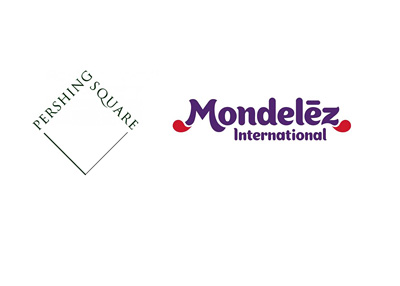What is the High Water Mark as It Applies to Hedge Funds?
 This is a term that you have probably heard mentioned (if you follow the world of hedge funds), but might not be entirely sure of what it means.
This is a term that you have probably heard mentioned (if you follow the world of hedge funds), but might not be entirely sure of what it means. The "high water mark" pertains to the "performance fee" side of the hedge fund. Normally hedge funds will charge two separate fees: a fixed "management" fee (usually 2%), which is taken out of the fund's assets to pay for rent, lawyers, accountants, etc, and a "performance fee" (usually 20%) which is taken from the profits that a hedge fund earns on an annual basis.
To clearly illustrate the concept of a "performance fee", let's give you an example: a hedge fund has $100 million in assets on January 1st, and they have a 20% performance fee. At the end of the calendar year, the fund has made an estimated $50 million in total profits for its investors. The hedge fund would keep 20% of these profits as their "performance fee" (in this case, $10 million dollars).
Now, here is where the "high water mark" comes in.
The "high water mark" is used by most hedge funds, and is implemented to protect investors. Let's give an example or two of how the "high water mark" would apply:
Let's say that you invest $2 million of your money into the ABC hedge fund. At the beginning of the calendar year, the ABC hedge fund has an estimated $1 billion dollars in total assets (including your $2 million). The ABC hedge fund falls 50% in value over the course of the year, leaving the fund with just $500 million in assets and valuing your investment at $1 million dollars.
Now, let's say that the very next year, the ABC hedge fund enjoys a 100% return. You are back to break-even on your investment.
Would you find it fair, in this circumstance, if you were forced to pay a 20% "performance fee" to the hedge fund, even though you are just break-even on your investment? Probably not.
This is where the "high water mark" applies. Let's give you another example to show how the "high water mark" would apply:
You invest $2 million dollars in the ABC hedge fund. You will pay a 20% performance fee, but the fund uses a "high water mark". Over the next three years, the value of the fund drops 25%, leaving you with an investment valued at $1.5 million dollars.
In the next year, the ABC hedge fund has a very strong year, doubling in value. Your investment is now worth $3 million dollars.
You would ONLY pay a performance fee on the $1 million dollars (3M - 2M initial investment) that your investment has gained in value. You would NOT pay a performance fee on the $1.5 million dollars (3M - 1.5M annual gain) that your investment gained in value over the course of the year.
The "high water mark" is in place to protect investors from poor performance. If the value of your investment dropped 5 years in a row, would you be overly happy if the fund took their 20% performance fee after one positive year? Probably not. That's why most hedge funds have this in place.
Filed under: Hedge Fund News | Stock Market Education



